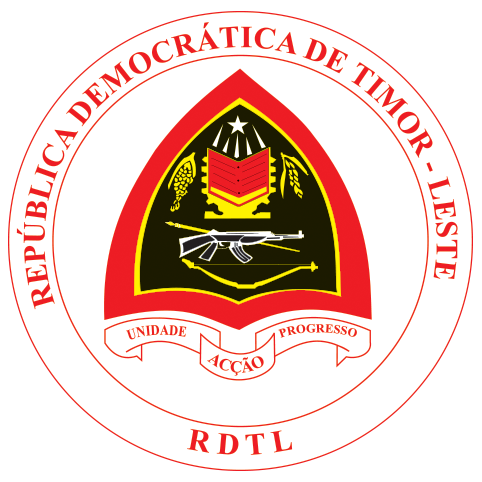On 1 July 2023, at the inauguration of the Ninth Constitutional Government, Prime Minister Kay Rala Xanana Gusmão reaffirmed the national priority of diversifying Timor-Leste’s economy for sustainable growth:
“This Government is committed to creating opportunities for young people to develop their skills, experiences and values, so that they can actively and fully participate in the Nation’s future. For this reason, and to this end, the economy – or the diversification of the economy – will be a crucial pillar in this five-year term of the Ninth Constitutional Government.”
Programme of the Ninth Constitutional Government
A key part of the Blue Economy strategy involves making better use of Timor-Leste’s maritime space and marine resources through a sustainable Blue Economy model — a new paradigm for national development.
National Goals and Priorities
The Programme of the Ninth Constitutional Government outlines the public policies and governance reforms needed to turn the vision of prosperity and sustainability into reality. Core priorities for 2023–2028 include:
To address these challenges, the Strategic Development Plan 2011–2030 highlights three priority industries: agriculture and fisheries, tourism, and offshore extractive industries.
The focus is on using natural resources wisely and tapping into Timor-Leste’s geographic and demographic strengths to reduce dependence on petroleum.
A New Development Paradigm: The Blue Economy
Looking ahead, the Government is investing in a new direction — the Blue Economy — to drive economic diversification. It aims to transform marine wealth into food security, health benefits, jobs, and productivity, while treating nature as capital that must be preserved.
Marine Ecosystem Services[1]
The ocean provides a wide range of services essential to human well-being, including:
Global Commitment
Timor-Leste is fully aligned with the 2030 Agenda for Sustainable Development and its 17 Sustainable Development Goals (SDGs) — especially SDG 14: “Conserve and sustainably use the oceans, seas and marine resources for sustainable development.”
Timor-Leste reaffirmed this commitment with specific voluntary targets at the UN Ocean Conferences in New York (2017) and Lisbon (2022)[2] highlighting its dedication to responsible marine governance and international cooperation.
[1] “Ocean, educating for a blue generation”, Oceano Azul Foundation
[2] Reports of the United Nations Conference to Support the Implementation of Sustainable Development Goal 14 (New York, 5-9 June 2017; and Lisbon, 27 June-1 July 2022).

